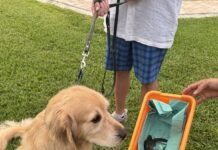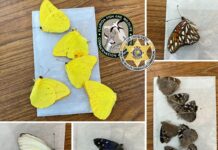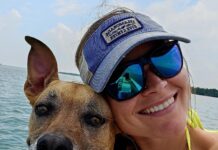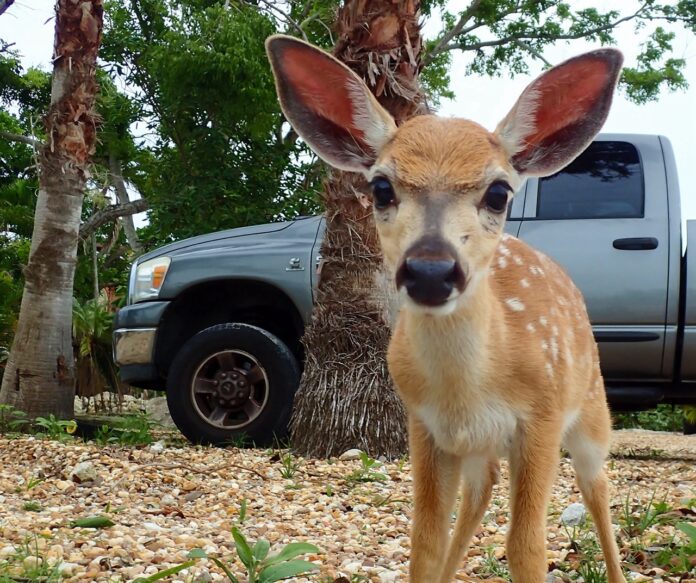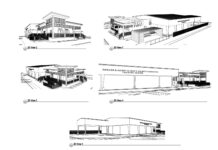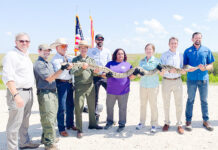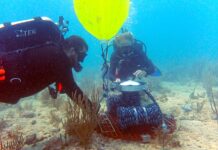While late April and early May have typically been the times when Key deer start giving birth to fawns, staff with the National Key Deer Refuge have already seen their first fawn of the season. Newborn Key deer fawns are very small – two to four pounds – and can be easily recognized by their spotted coat patterns.
Fawning season will continue to peak into the summer, with some fawns born as late as October and November. For those lucky enough to see one, please do not approach a fawn. Give mothers (does) and fawns plenty of distance, and avoid interacting with them during this important period of maternal bonding and care.
Mothers will also commonly leave their fawns alone for long periods of time after birth, sometimes up to 12 hours. This does not mean the fawn has been abandoned or orphaned. This is a strategy to protect the young from predators at a time when they are not able to keep up with their mother.
The period after birth is critical to the survival of a young fawn. During this time, fawns are still bonding and imprinting with their mothers. Movement of the fawn can disrupt this important process. Please resist the urge to touch, pet, or feed the deer. If a fawn is found alone, it is best to walk away to allow the mother time to locate the baby.
Key deer are protected under the Endangered Species Act, and it is against the law for a person to intervene in these situations. Please also be on the lookout for Key deer and their fawns as you drive on Lower Keys roads. Fawns, especially newborns, are unpredictable and will run in any direction when scared. Please follow posted speed limits and pay attention while driving.
Finally, please keep dogs leashed in Key deer habitat to help keep fawns safe during this vulnerable time.
As a reminder, it is illegal to touch, feed or transport Key deer. If you spot an injured, distressed or dead Key deer, make your first call to FWC Dispatch at 888-404-3922, Ext. 1.
For more information, contact Chris Eggleston at 305-780-7509 or Greg Boling at 305-780-7526. Follow refuge updates online at www.fws.gov/refuge/key-west or on Facebook at facebook.com/floridakeysrefuges.





